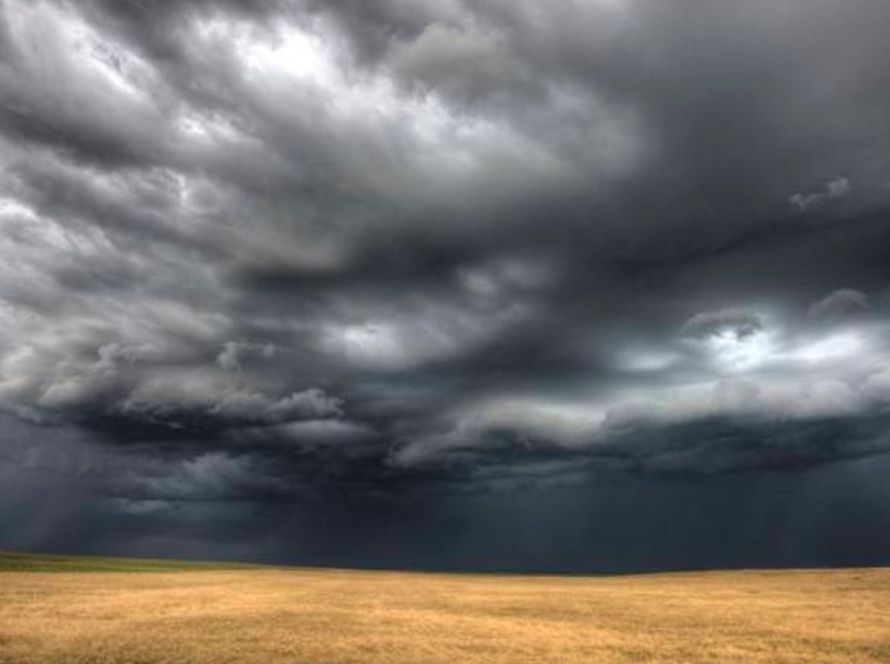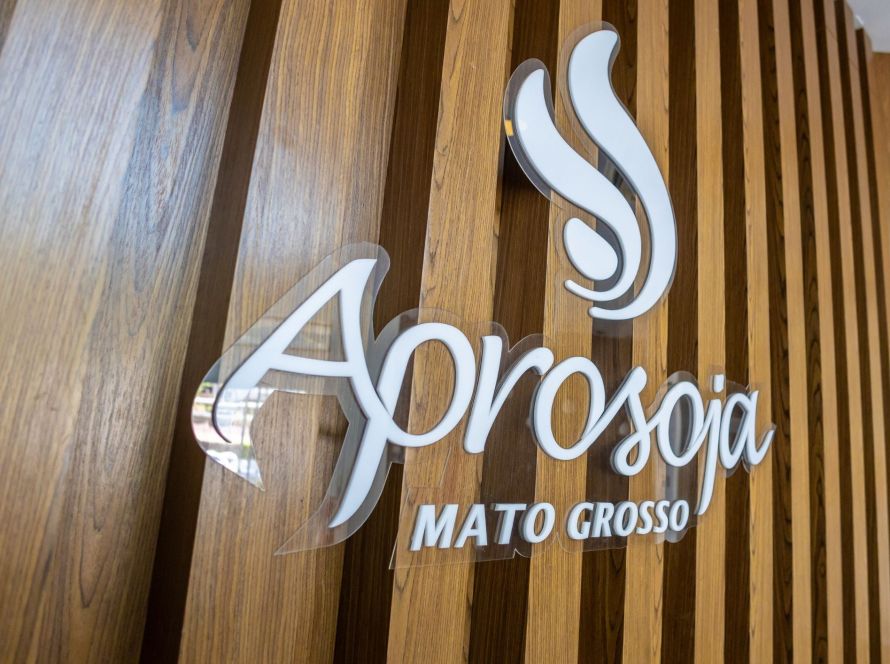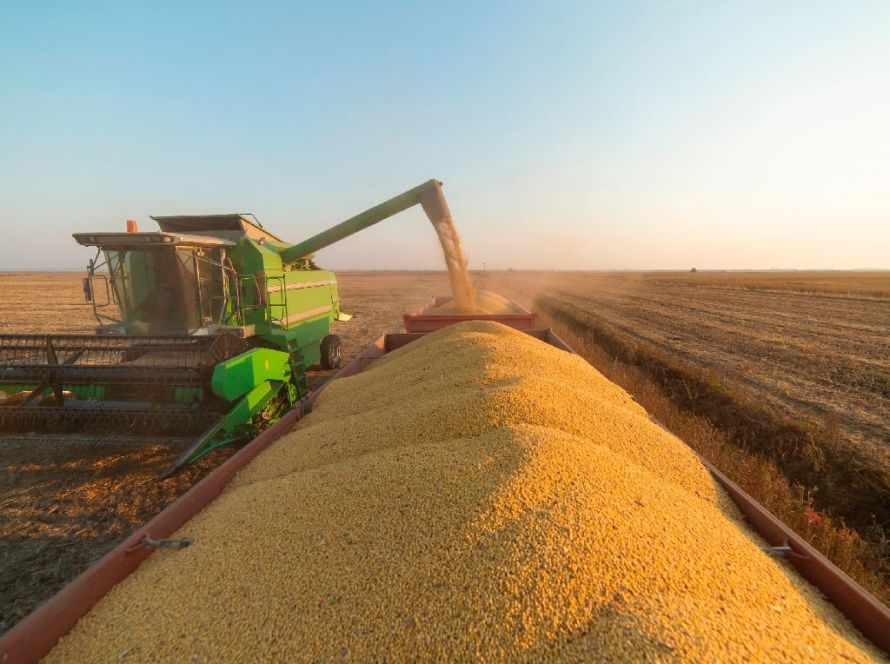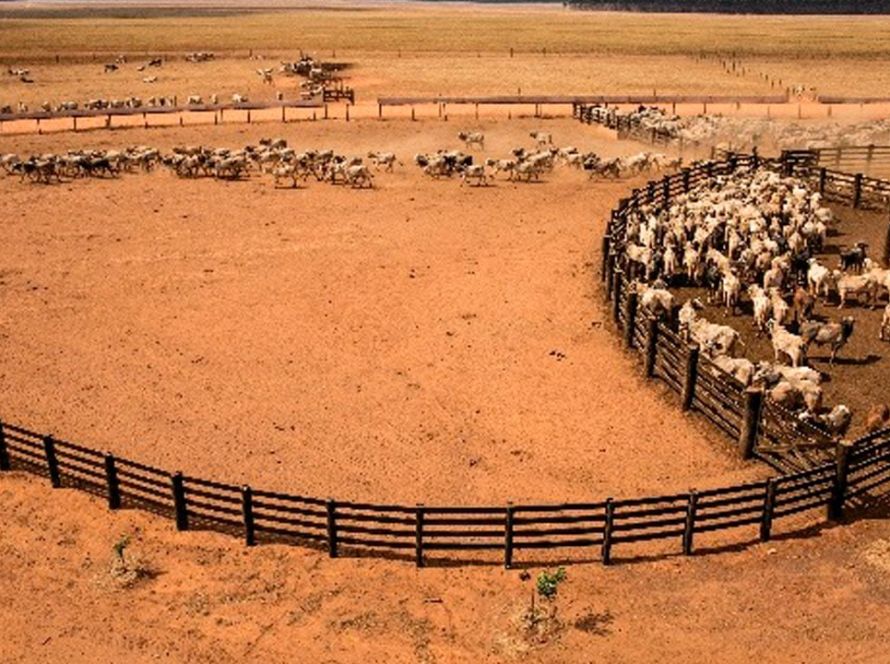The Mato Grosso Soybean and Corn Producers Association (Aprosoja MT) has been viewing with great concern the financial crisis that is worsening for the productive base throughout Brazil. With the soaring production costs and the fall in commodity prices, producers are experiencing a situation of heavy debt, further pressured by high interest rates, scarce credit and a lack of effective public policies. The entity, which represents more than 9 thousand members, reinforces that this crisis does not only affect rural properties, but directly impacts cities and the economy of the state as a whole. Brazilian rural debt reached R$706.8 billion in May 2024, according to data from the Central Bank, highlighting the seriousness of the situation.
In Mato Grosso, the so-called “Scissors Effect” (when revenue falls but costs remain high) is aggravated by the value of a bag of soybeans, which fell from R$191.50 in 2022 to prices below R$110 in several markets in the state. At the same time, the average cost per hectare exceeds R$7,118.00, requiring a harvest of 62 bags just to cover costs. Fertilizers account for 43.32% of the cost (R$1,719.90/ha), pesticides for 31.7%, and the exchange rate has worsened: up to 45 bags are needed to acquire one ton of MAP in 2025, compared to 33 to 35 bags two years ago.
Another point of alert from Aprosoja MT is the increase in judicial recoveries in the sector. Many producers have become unsecured creditors after delivering production or paying for products not received. This domino effect of default is added to measures by the Federal Government that make access to credit more difficult, such as the increase in the Tax on Financial Transactions (IOF) and taxes on Agribusiness Credit Letters (LCAs). In addition, while the national volume fell by 14%, in Mato Grosso the decline was 27.6%.
The high Selic rate (14.75%) makes even subsidized credit unviable for most farmers, especially small farmers. According to Serasa, rural defaults grew by 27% in 2023, reflecting an increasingly hostile environment for production. The president of Aprosoja Mato Grosso, Lucas Costa Beber, defended structural measures to prevent more producers from being forced to abandon the activity. “What we are experiencing is a silent crisis, which few have the courage to admit for fear of judgment. The drop in commodity prices, combined with the extremely high cost per hectare, scorching interest rates and the worst exchange rate of the decade, is leading thousands of producers to increasing debt and, in some cases, insolvency. We urgently need concrete measures, such as the securitization of agricultural debts, structured renegotiations and policies that provide real conditions for survival and competitiveness for Brazilian producers”, he stated.
In view of this scenario, the entity advocates five priority fronts: urgent securitization of rural debts; emergency credit lines with interest rates compatible with current agricultural income; review of barter models and protection against asymmetries in the input market; price support program or minimum revenue guarantee for grains and the suspension or review of financial charges on agricultural credit operations.
Aprosoja Mato Grosso emphasizes that producers do not want to default, but rather continue investing and creating jobs. To this end, financial institutions must comply with the provisions of the Rural Credit Manual (MCR), respecting producers' rights to renegotiate and restructure their debts. The association's administrative director, Diego Bertuol, also highlighted the seriousness of the situation and advocated emergency actions to keep agricultural activity viable.
“Aprosoja Mato Grosso is concerned about the setback in the Safra Plan and the lack of a draft of the next one. The sector has already faced three consecutive years of falling commodity prices, rising production costs, high interest rates and severe weather events. This cut directly compromises the investment and financing capacity, especially for small and medium-sized producers, who depend on official credit lines to maintain production. Without accessible credit with terms and rates compatible with the reality of the field, there is a risk of daily loss of crops, job losses and severe impacts on the economy of hundreds of municipalities in Mato Grosso”, he said, reinforcing the need for actions by the Federal Government.
“These measures are essential at this time. The default rate of almost 30% among rural producers is not the result of poor management, but rather of an adverse scenario that combines climate instability, high costs and a credit policy that has not kept up with the new reality of the countryside. We are talking about the Harvest Plan that was formulated in the 1970s and today we have credits reaching a total effective cost of more than 22%. Many producers are undercapitalized with productive crops, but without the financial strength to continue. The proposals we are making are not a request for favors, but rather measures for economic and food security. Aprosoja MT will continue to dialogue with the Federal Government, especially the Ministry of Agriculture, Congress and the financial system, at the frontline, in the municipal agencies and up to the directors who seek us out so that effective solutions can be implemented with the urgency that the countryside demands”, added the director.
Aprosoja Mato Grosso continues to defend producers and reinforces that rural producers cannot be penalized by market distortions and the lack of adequate policies. The entity will continue to demand structural solutions, listen to its members and firmly represent the interests of those who work to feed Brazil and the world.





